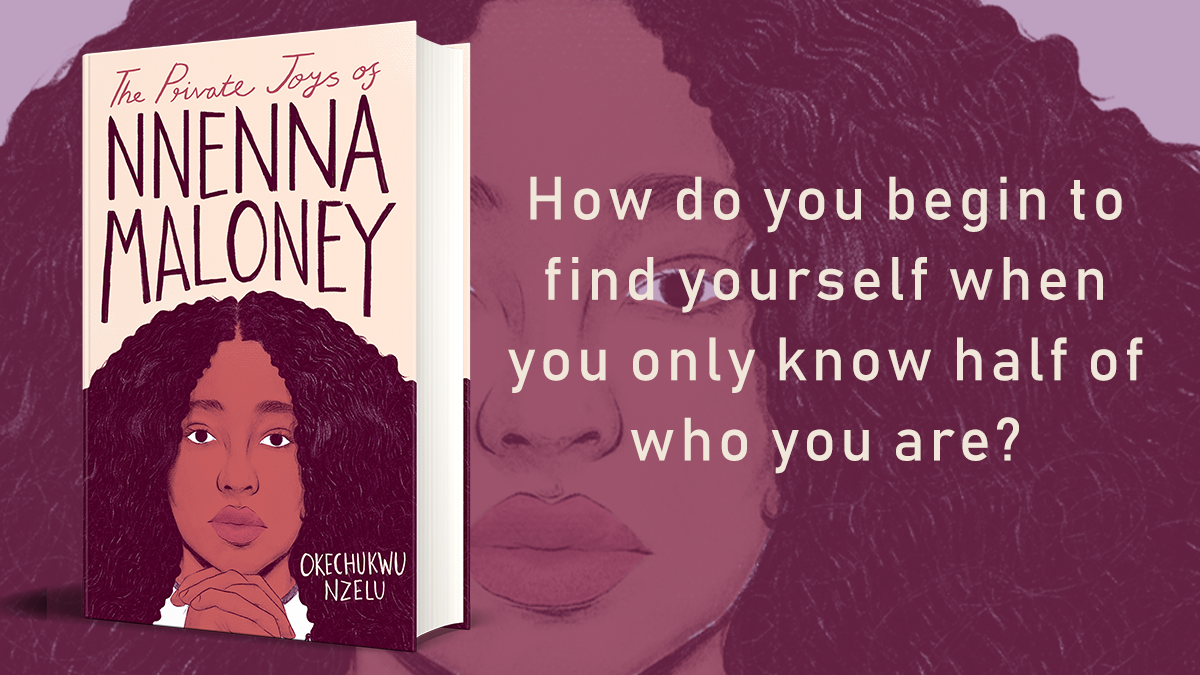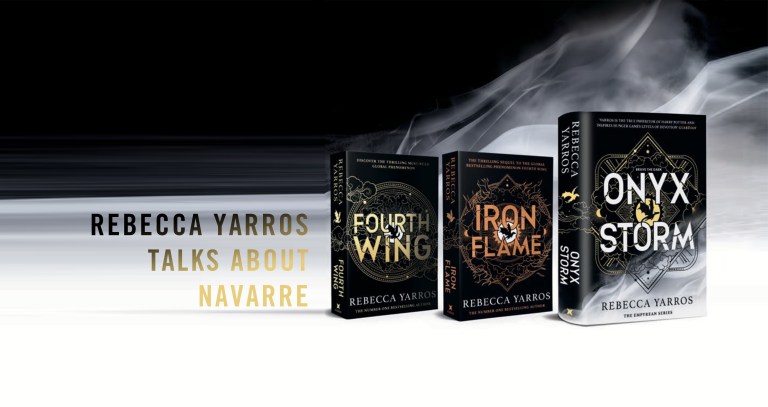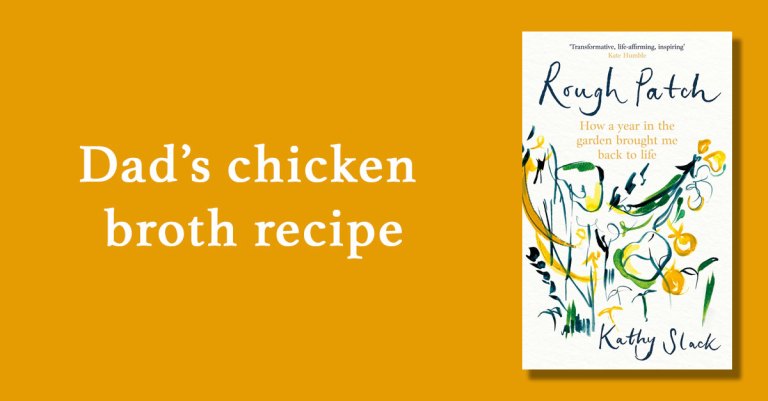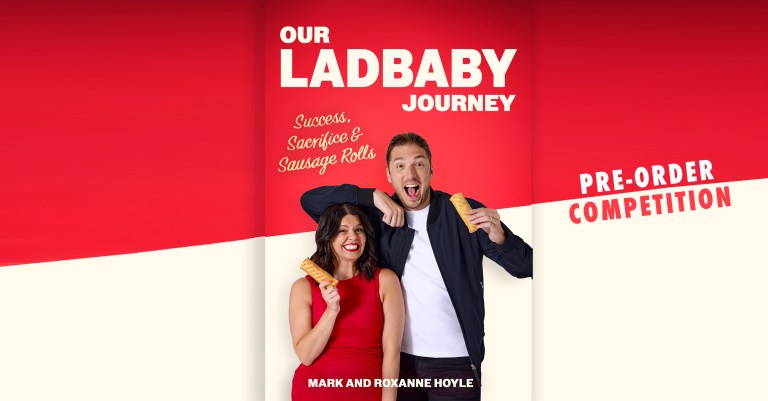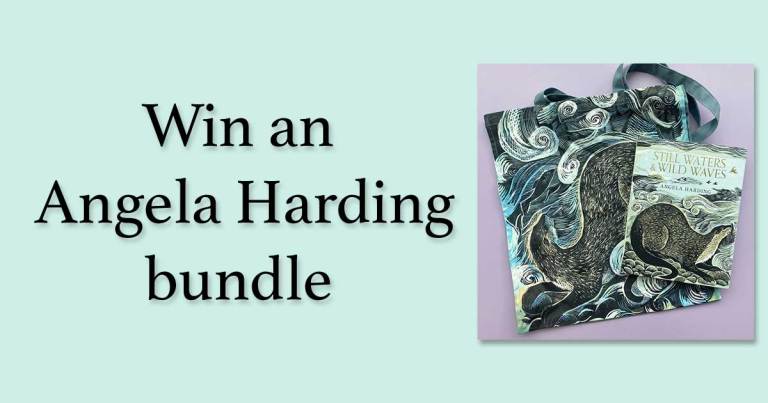Dialogue Books: Okechukwu Nzelu Q&A
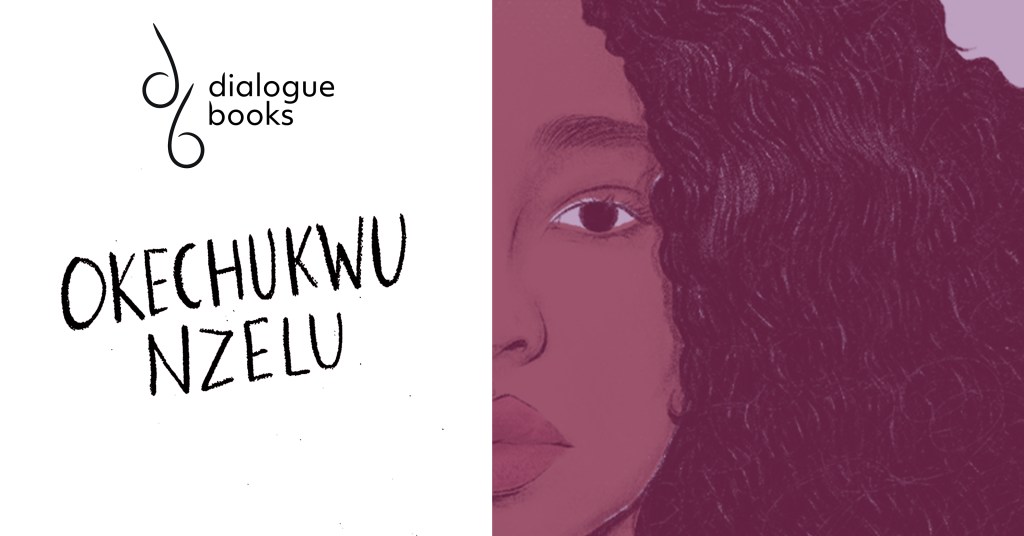
This month we welcome debut author Okechukwu Nzelu to the Dialogue Books hot seat to chat about his brand new novel, The Private Joys of Nnenna Maloney. Okechukwu is a writer and teacher. He was born in Manchester in 1988, read English at Girton College, Cambridge and completed the Teach First programme. His work has been published in Agenda, PN Review, E-magazine and The Literateur and his essay ‘Troubles with God’ will be published in the anthology Safe: On Black British Men Reclaiming Space (Trapeze, 2019). In 2015 he was the recipient of a New Writing North Award for The Private Joys of Nnenna Maloney.
Give us your elevator pitch for The Private Joys of Nnenna Maloney
The Private Joys of Nnenna Maloney is a comedic novel about Nnenna, a half-Nigerian teenager who lives in modern-day Manchester with her white single mum, Joanie. Nnenna’s never met her dad, and Joanie hates to talk about him. The novel is follows their journeys towards mutual and self understanding – and the journeys of their friends and lovers.
Describe yourself in five words
I try to over-deliver.
What surprised you most about the publishing experience?
How much I enjoyed the editing process. I’d been working on my book for some time before I submitted it so I knew I’d welcome editorial input, but I don’t think I was prepared for how amazing it would feel to have the book edited by someone so smart and knowledgeable. After you leave education, I think it’s rare that someone will read and consider your work so carefully, unless you become a professional writer. I feel profoundly appreciative of it.
What inspired the book?
A lot of things, really. I knew I wanted to write about a ‘non-traditional’ family that reflected my own experience. And, following the advice that you should write the kind of book that you’d like to read, I wanted to write about redemption and self-discovery. I wanted to write about a range of characters connecting in different ways, because that’s how I see life: we’re made up of the people we meet, and our interactions with those people shape our lives.
The opening of the novel, however, has its own origin story: I was waiting for a friend with whom I was going to a poetry reading in Manchester at the Whitworth Art Gallery (I’m never ever on time for non-work things, so this was a first). I sat in the atrium and as I waited, someone put down a postcard on the table in front of me. The postcard was advertising some future event or a political statement. But then I started thinking… What if the postcard had something different on it? Like a biblical quotation? What if there were a backstory to the people involved? And so I came to write the ‘meet-cute’ between Nnenna’s parents: one was a struggling evangelical Christian who’d immigrated from Nigeria, the other was a down-on-her-luck Cambridge student who can’t understand why anyone would believe in God. The oldest love story in the book.
Have you got any tips for aspiring writers?
Try to maintain your sense of wonder. I find writing easiest when I’m most fascinated by the things around me in the world: someone’s gait, or a particular line in a song, or the expression in the face of a subject of a painting. Try to stay fascinated by the world, and let things snag you the way a fishing line snags a fish.
Where do you write? Do you have an aesthetic workspace, a cramped kitchen table, a cosy bed base?
I’m just about able to write anywhere but I find it much easier to write at home (within reaching distance of the kettle), in silence, at the dining table which doubles as a desk. It’s quiet and calm, and I can watch Pose on my breaks to rejuvenate myself.
Do you have a favourite book? If so, what is it? If not, is there a genre or style you prefer?
Once, one of the Dialogue staff told me that some people think of each novel as having ‘godparents’ that help usher it into the world and I love that idea. I think of my novel’s godparents as The Fourth Hand by John Irving, The God of Small Things by Arundhati Roy, White Teeth by Zadie Smith and Wild Abandon by Joe Dunthorne.
Our social media analytics show that our followers love pets! If you have a pet we’d love you to share a picture and a line about them
I’ve never had a pet, unfortunately. To be honest I’ve always been a little afraid of dogs generally, but my friend Marthe had a beautiful little Jack Russell called Binker, who I grew to love more than I’ve ever loved any dog. Here he is in all his splendour.
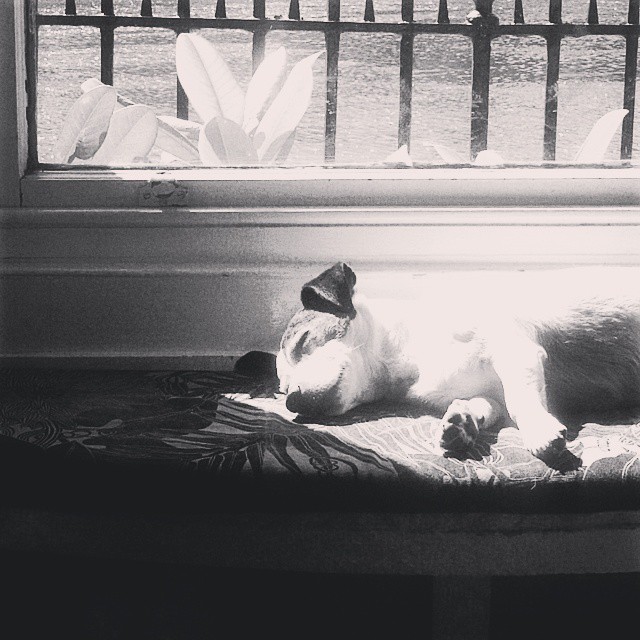
Tell us about your writing journey – have you always known you wanted to be a writer? When did you start writing?
I’ve always wanted to write stories, ever since I could hold a pen. Once I learned to write letters, words and sentences, writing stories seemed like the most natural thing to do next.
Because my work ethic is very strong, I’ve always believed that writing is something I’d eventually be able to do well, I think I felt quite insecure about my ability in the present tense. Then, in my early twenties, I came across advice that helped me keep working at my writing: while interning at a publisher in London, I met someone who told me that sometimes you just have to doggedly keep improving your work, even if it feels like it’s taking a long time; on YouTube, I saw an interview with Chimamanda Ngozi Adichie where she talked about how she stayed up late writing, then went to classes at university in the morning, then came home and looked after her sister’s kids, then did it all again. This encouraged me to work at my book over a long period, and to be patient: other people have slogged, other people have succeeded. So I slogged too, and a few years later I had a manuscript that was ready for submission. A friend encouraged me to submit a sample to the Northern Writer’s Awards, and when I won an award they helped me find my agent and publisher. So it was a bit of windy road to publication, but I’m glad I stayed on it.
Thanks for joining us, Okechukwu! To hear more from Okechukwu, follow him on Twitter at @NzeluWrites.
You can order a copy of The Private Joys of Nnenna Maloney here.
